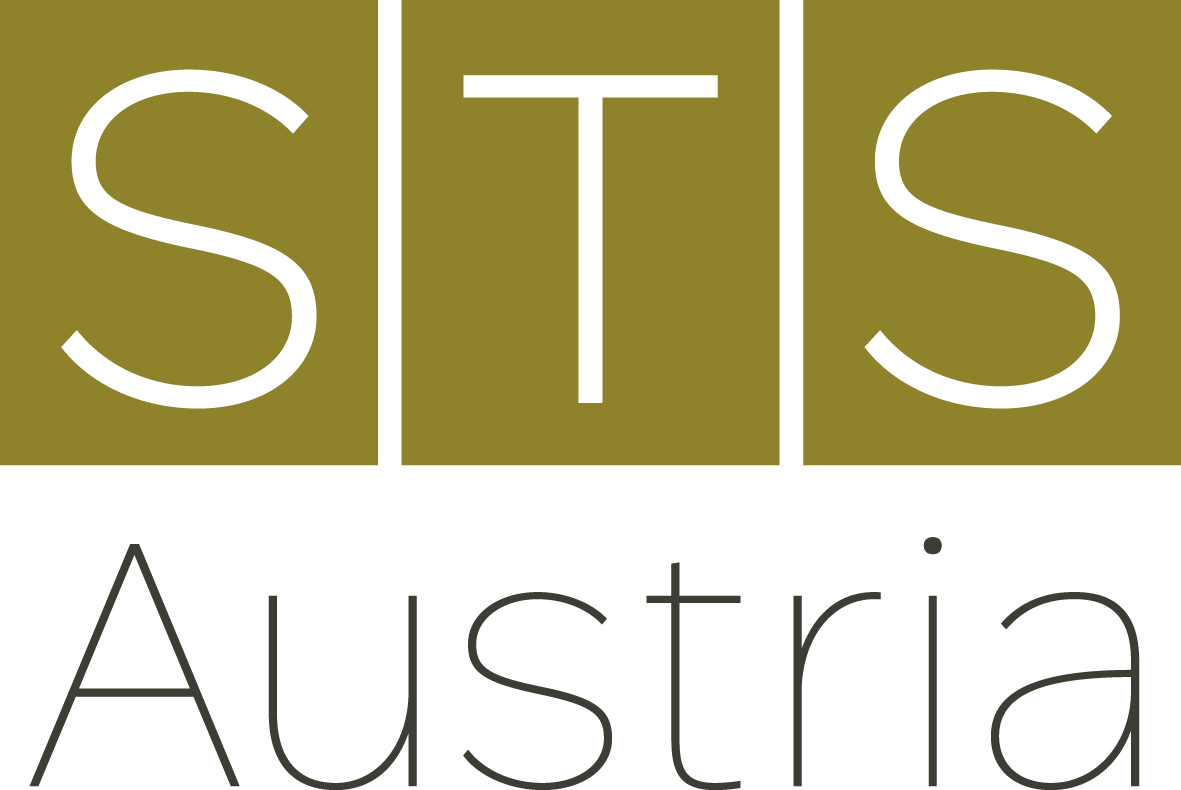Tuesday, 28 November, 2023
18:00-19:30 SE1 (open to the public)
Katta Spiel, TU Wien
Chair: Juliane Jarke
Sign Language Translator: Antonia Maier, Anja Pfneisel
The shaping of our socio-technical environment is predominantly the privilege of a comparatively homogeneous group of people, mainly white, mainly western, mainly within an age range of 20-40 years old, mainly cis-male; with not just amusing, annoying or irritating, but also deadly consequences for anyone else. Associated academic research is similarly reduced to these perspectives; particularly in a German speaking context. Personally, I’m disabled and I’m inter*/trans*; and the academy others me as deviant along both of these lines. I continuously cross boundaries by simply being in an academic space and pointing out the ways it systematically tries to exclude me and my peers. Try being nonbinary in a field that is, fundamentally, built on binary notions, materially and epistemologically.
The research environments I encounter locally and internationally, seem fundamentally unprepared for my presence. I’m researching technological design for neurodivergent people and keep on being reminded how low my colleagues’ regard is for my peers and myself, how they dehumanise our being. What I do can be called critical participatory research where I focus on marginalised perspectives, particularly around notions of gender and disability. Though, even when I conduct literature reviews, write essays or do more theoretical work, my work is always seen as activist. Dispassionate research is what we expect and value, passionate research is activism. Yet, I find myself with status, with a research position from which I speak. And what else to do with it than starting to push within existing structures, to push the boundaries to make space; not just because this increases the relevance of the knowledge we produce but because it is the just thing to do. What if not transgressing those boundaries will yield more inequitable processes in the creation of our socio-technical environment? What good are we for as researchers, if we uphold artificial and exclusive boundaries? Activism can be the right choice; but having that choice constitutes a privilege. Activism is inevitable for me, because my mere presence is troubling. It’s not a choice.
Bio: Katta Spiel is an Assistant Professor for ‘Critical Access in Embodied Computing’ at TU Wien. They research marginalised perspectives on embodied computing through a lens of Critical Access. Their work informs design and engineering supporting the development of technologies that account for the diverse realities they operate in. In their interdisciplinary collaborations with neurodivergent and/or nonbinary peers, they conduct explorations of novel potentials for designs, methodologies and innovative technological artefacts. They received their PhD in 2018 from TU Wien and after a year at KU Leuven, they conducted postdoctoral research as an FWF-Hertha Firnberg Scholar, also at TU Wien. Their work has received several international and national awards, including the ‘SICGHI 2020 Outstanding Dissertation Award’ as well as the ‘Förderungspreis der Stadt Wien in der Sparte Mathematik, Informatik, Naturwissenschaft, Technik’ in 2022, and, most recently an ERC Starting Grant. http://katta.mere.st/
